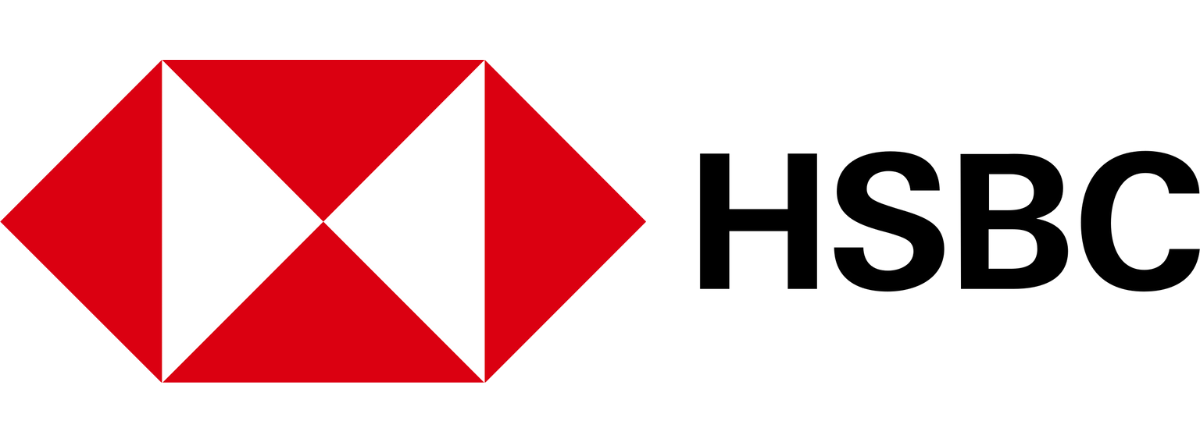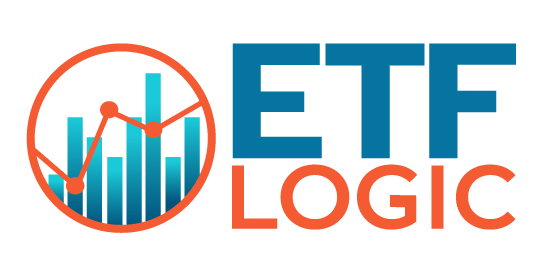Investors have piled over $1bn into BlackRock’s euro corporate bond ETF this year amid predictions peak inflation will create a more attractive environment for fixed income.
According to data from ETFLogic, the iShares Core € Corp Bond UCITS ETF (IEAC) has seen $1.2bn inflows since the start of the year, the most across ETFs listed in Europe.
The inflows come after fixed income ETFs suffered one of the worst years in recent memory in 2022 amid rampant inflation and rising interest rates.
With yields spiking to their highest levels since the Global Financial Crisis (GFC), investors are once again starting to allocate to different parts of the bond market.
This was reinforced when the Bureau of Labor Statistics announced on 12 January that US inflation had fallen for the sixth month in a row to 6.5% last December, down from 7.1% in November.
Meanwhile, across the euro area, inflation dropped to 10.1% in November 2022, down from 10.6% in October.
Vasiliki Pachatouridi, head of EMEA iShares fixed income strategy at BlackRock, said lower inflation readings in the US and Europe have “stimulated” risk sentiment among investors.
According to data from BlackRock, IEAC’s daily trading volumes have averaged $363m this year, up 17% from 2022 averages which was a record year in itself.
This increased significantly during the build-up to the US Consumer Price Index (CPI) announcement with IEAC trading $885m on 11 January alone.
“Fixed income markets have had a buoyant start to the year with many areas of the credit market showing positive returns,” Pachatouridi said.
While the prospects of a recession are already priced into markets, the BlackRock Investment Institute (BII) said investment-grade corporate bonds will be able to weather the storm versus their high yield counterparts.
“The case for investment-grade credit has brightened, in our view, and we raise our overweight tactically and strategically,” the BII said in its market outlook.
“We think it can hold up in a recession, with companies having fortified their balance sheets by refinancing debt at lower yields.”
Looking ahead, this year looks set to be a more accommodative environment for fixed income with markets forecasting the Federal Reserve to finish its hiking cycle in March before cutting rates at the end of the year.
Despite the positive outlook, Laurent Lacroix, global head of fixed income at HSBC Global Private Banking, said it is important to focus on quality corporate credit due to the uncertainty around the global economy and the fight against inflation.
“The silver lining is that bond valuations price in most of the rate hikes we foresee and have gained in attractiveness relative to other asset classes, such as equities,” Lacroix continued.
“As a consequence, we hold an overweight in fixed income, but we remain cautious and focus on quality corporate credit, mostly in investment grade.”
Related articles





